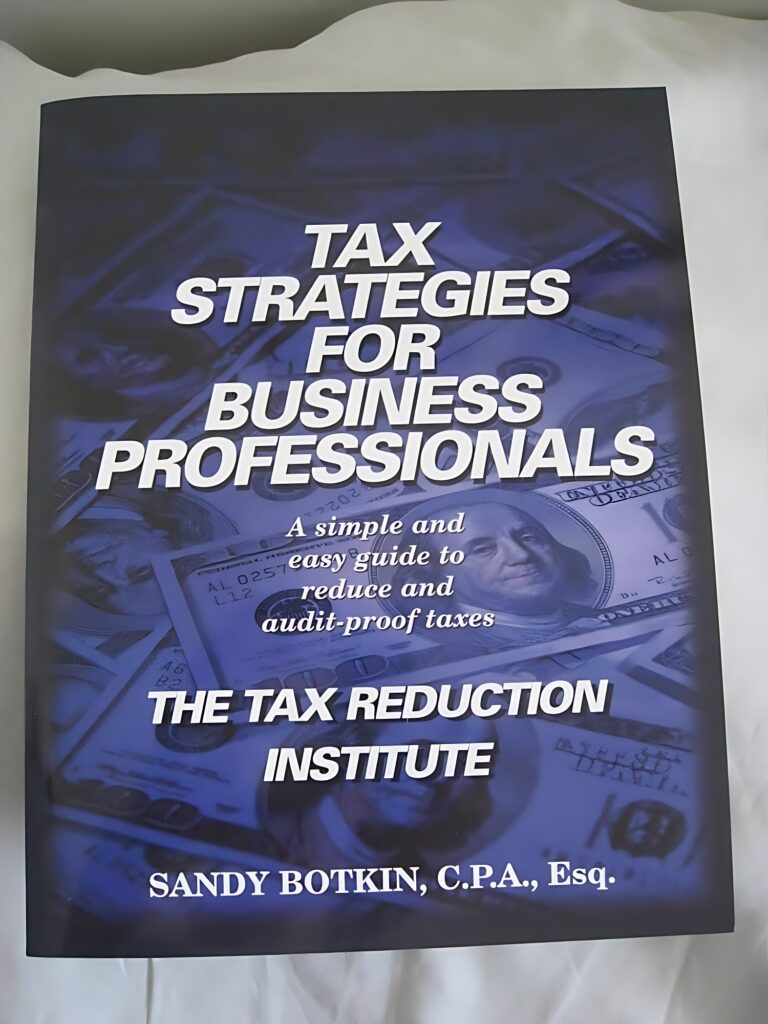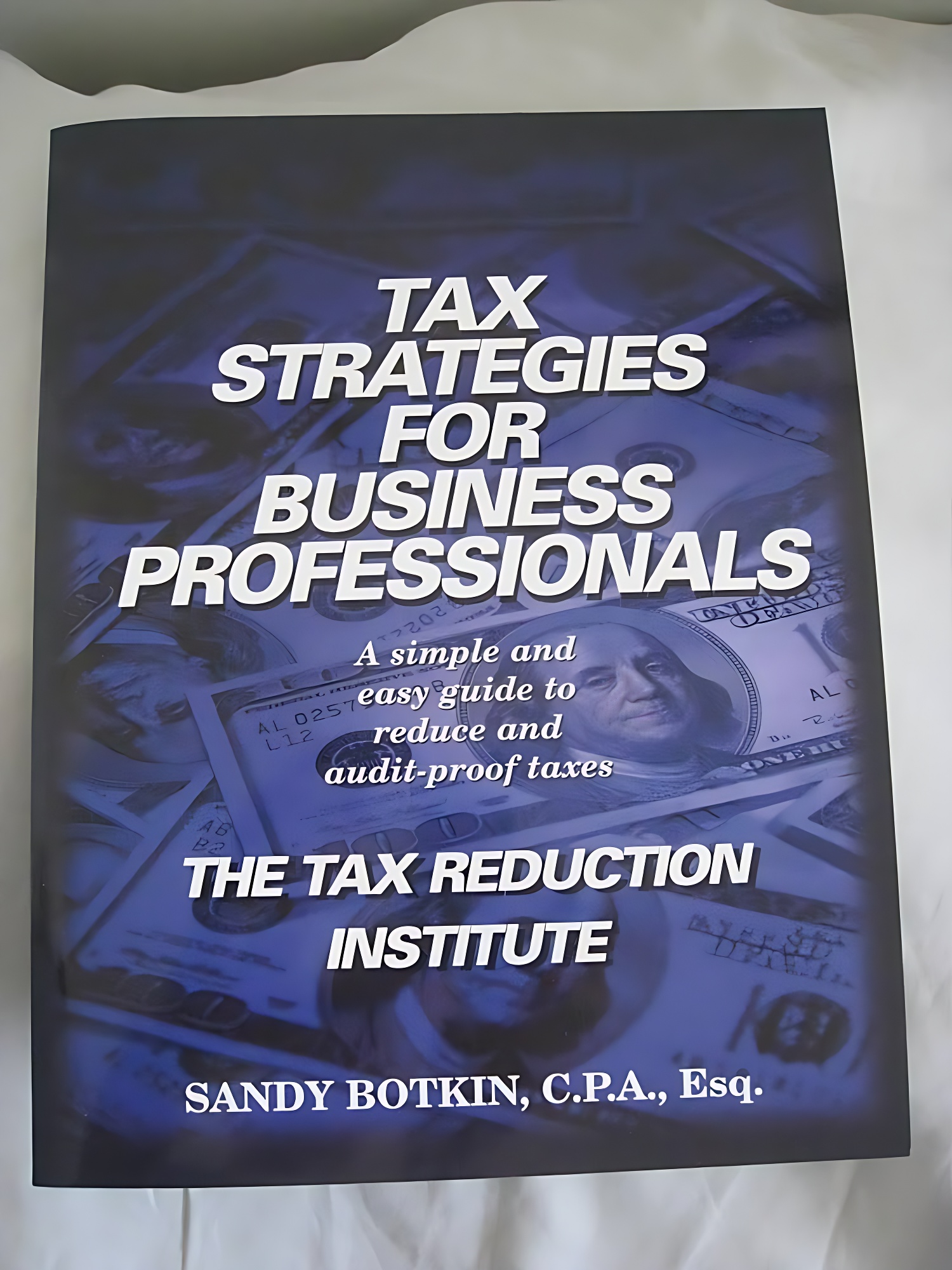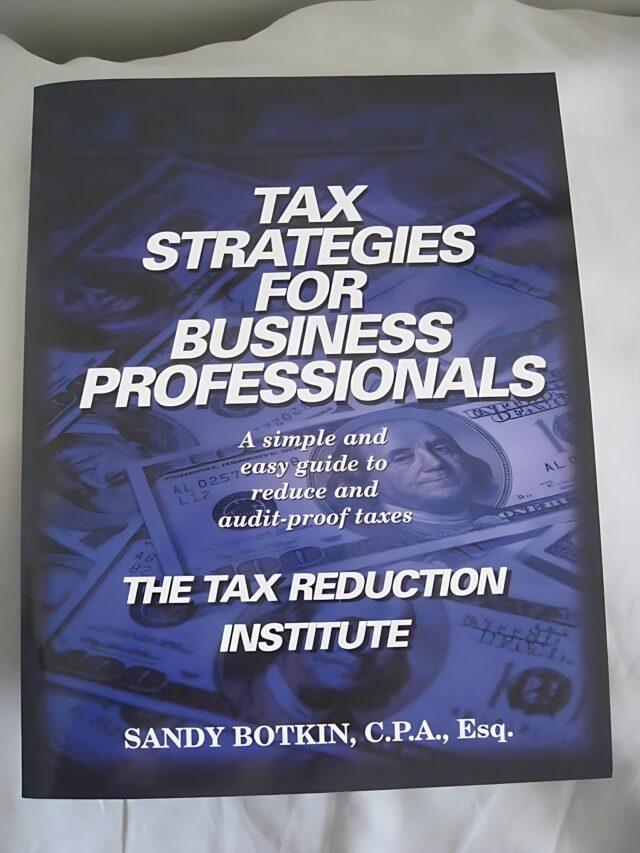As the end of the year approaches, businesses are encouraged to delve into strategic tax planning. In 2023, with high interest rates and the looming expiration of certain tax benefits, exploring these strategies becomes particularly advantageous for potential tax savings.
Key Insights:
- Consider changing accounting methods in light of current high interest rates.
- Plan for business succession due to the impending halving of the lifetime gift tax exemption in 2026.
- Leverage the additional bonus depreciation available in 2023 for assets placed in service before year end.
Accounting Method Changes Consideration:
The current high interest rates prompt a reconsideration of changing accounting methods, a move that can result in cost savings. In assessing this, factor in upcoming tax rate and deduction changes slated for 2026, as they may influence the value of deductions in subsequent years.

Exploring Common Accounting Method Changes:
- Overall Cash Method: Consider shifting from accrual to cash accounting, leveraging the deferral of income typical in the cash method.
- Advance Payments for Goods: Evaluate handling certain advance payments to optimize taxable income using either the full-inclusion or deferral method.
- Prepaid Expenses: Deduct certain prepaid expenses if the term doesn’t extend beyond specific timeframes.
- Fixed Asset Methods: Analyze methods like cost-segregation for real estate assets to accelerate deductions.
- Inventory Methods: Assess lower-of-cost-or-market inventory valuation for potential deductions.
- Uniform Capitalization Rules: Explore benefits under the UNICAP calculation included in final regulations.
Retirement Plan Selection:
Reevaluate your business’s retirement plan to ensure alignment with growth and tax objectives. Consider alternative plans like 401(k), profit sharing, SIMPLE IRA, SEP IRA, ESOP, cash balance plan, non-qualified deferred compensation, or personal traditional/Roth IRA.
Employee Retention Credit (ERC):
Revisit eligibility for ERC, a tax credit aiding businesses affected by COVID-19 restrictions. Ensure ERC factors into financial statement reviews and explore unconsidered eligibility paths for filing.
Timing of Fixed Asset Purchases:
Take advantage of the additional bonus depreciation available in 2023 before it decreases to 60% in 2024. Consider Section 179 for immediate expensing before year end based on anticipated tax rates.
Business and Wealth Succession Planning:
Year-end planning is crucial, especially for business owners considering transitions. With the lifetime gift tax exemption set to halve in 2026, leverage the higher exemption before the change. Explore wealth transfer strategies like a Qualified Personal Residence Trust (QPRT), advantageous with higher interest rates.
In conclusion, these strategies offer potential tax savings for businesses before the year ends. Customizing these approaches to your business’s unique circumstances is crucial, and consulting with a tax professional is recommended for optimal results.




